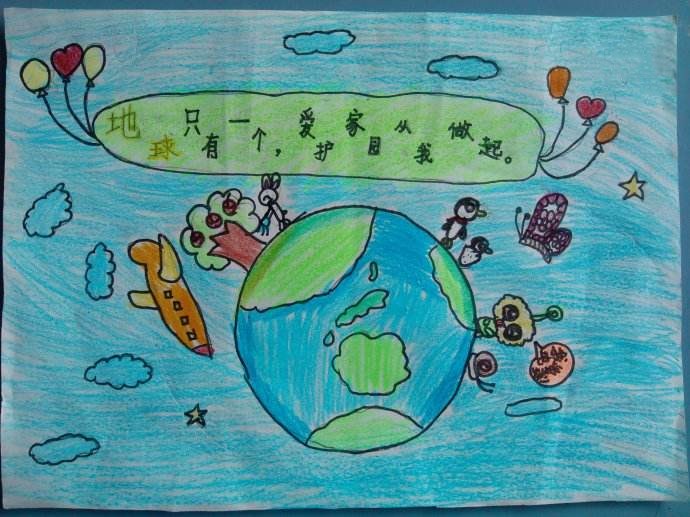Any visitors to Earth from afar would almost certainly, at the very least, be bemused to find us living in an atmosphere composed of nitrogen, a gas sulkily disinclined to react with anything, and oxygen, which is so partial to combustion that we must place fire stations throughout our cities to protect ourselves from its livelier effects. But even if our visitors were oxygen-breathing bipeds with shopping malls and a fondness for action movies, it is unlikely that they would find Earth ideal. We couldn't even give them lunch because all our foods contain traces of manganese, selenium, zinc, and other elemental particles at least some of which would be poisonous to them. To them Earth might not seem a wondrously congenial place at all.

The physicist Richard Feynman used to make a joke about a posteriori conclusions, as they are called. "You know, the most amazing thing happened to me tonight," he would say. "I saw a car with the license plate ARW 357. Can you imagine? Of all the millions of license plates in the state, what was the chance that I would see that particular one tonight? Amazing!" His point, of course, was that it is easy to make any banal situation seem extraordinary if you treat it as fateful.












